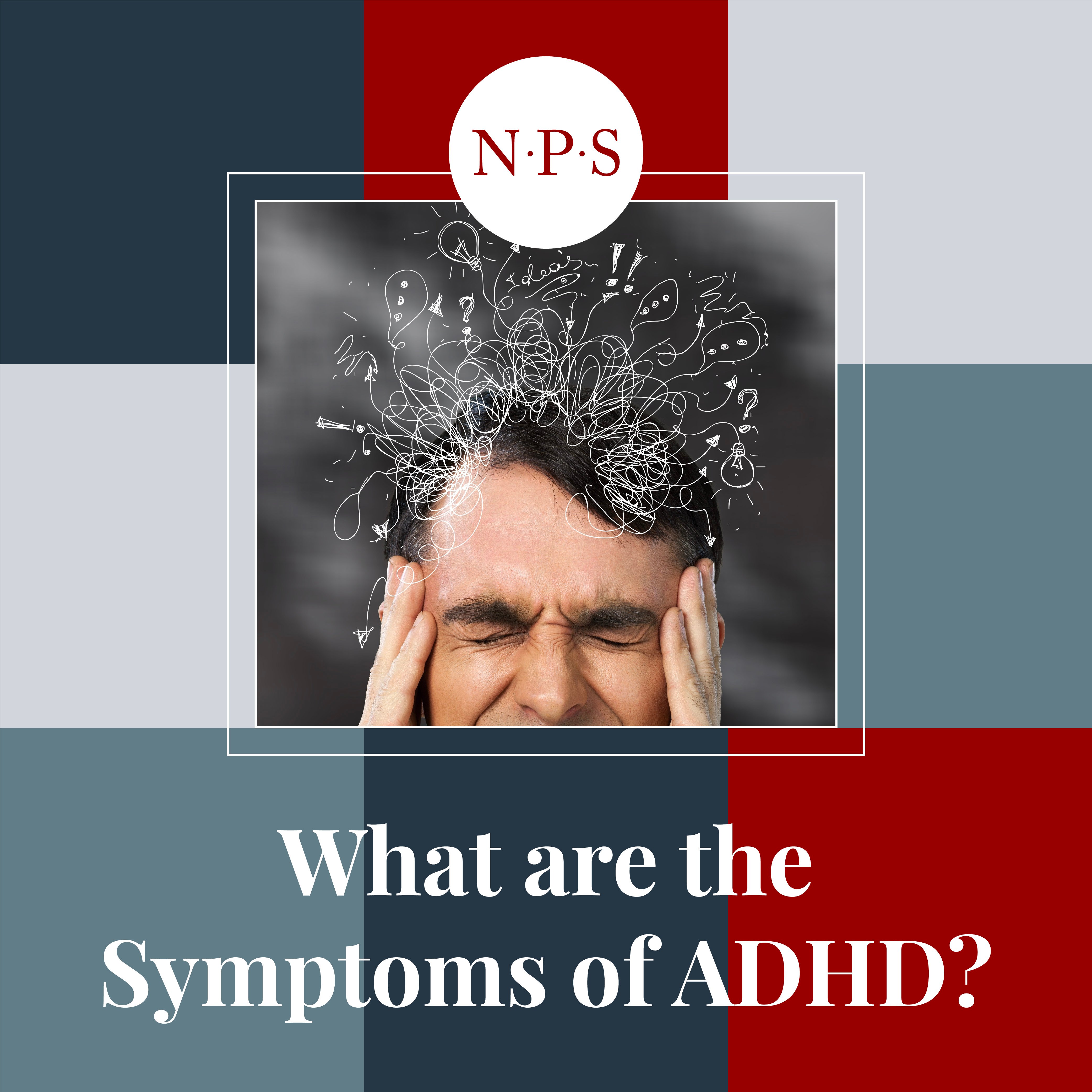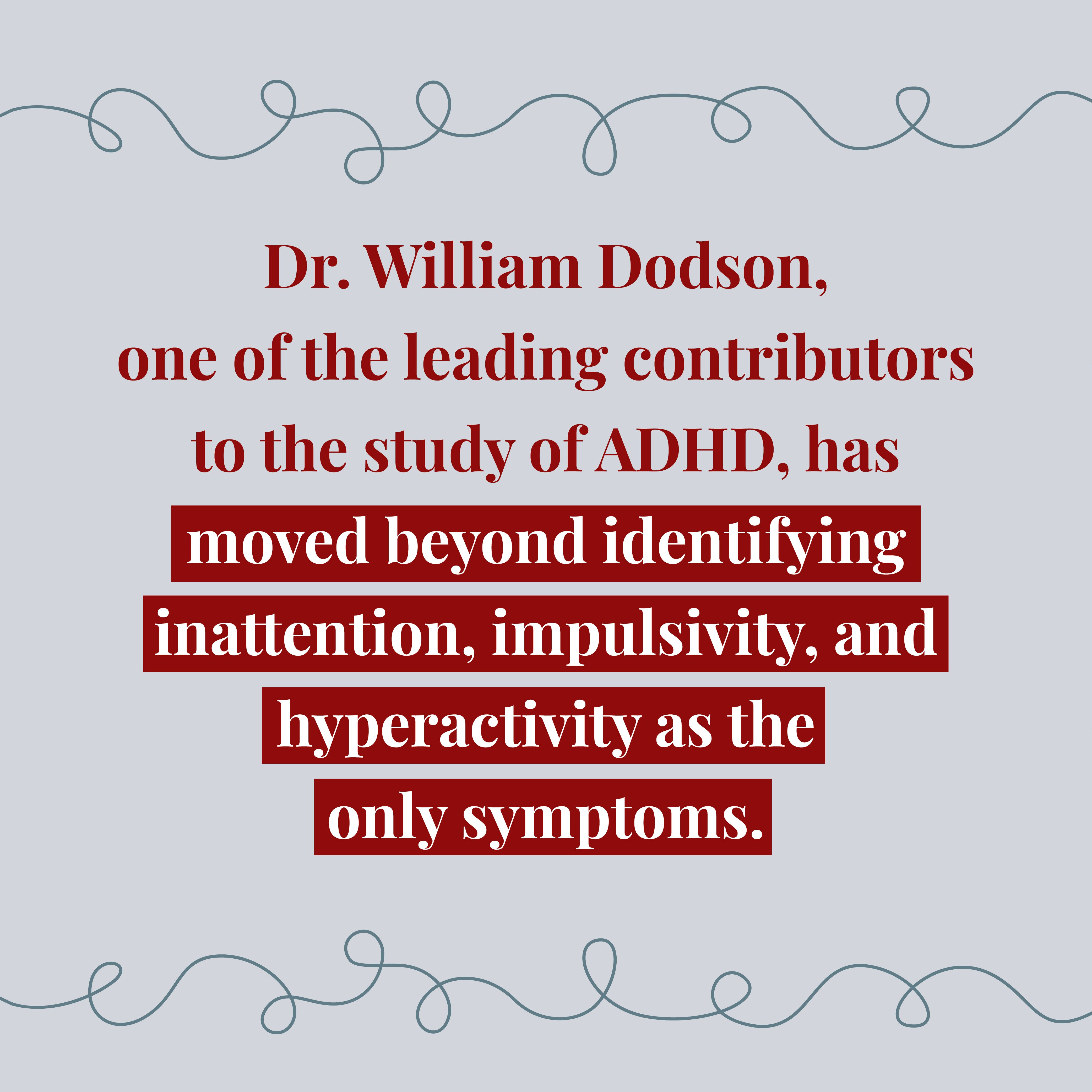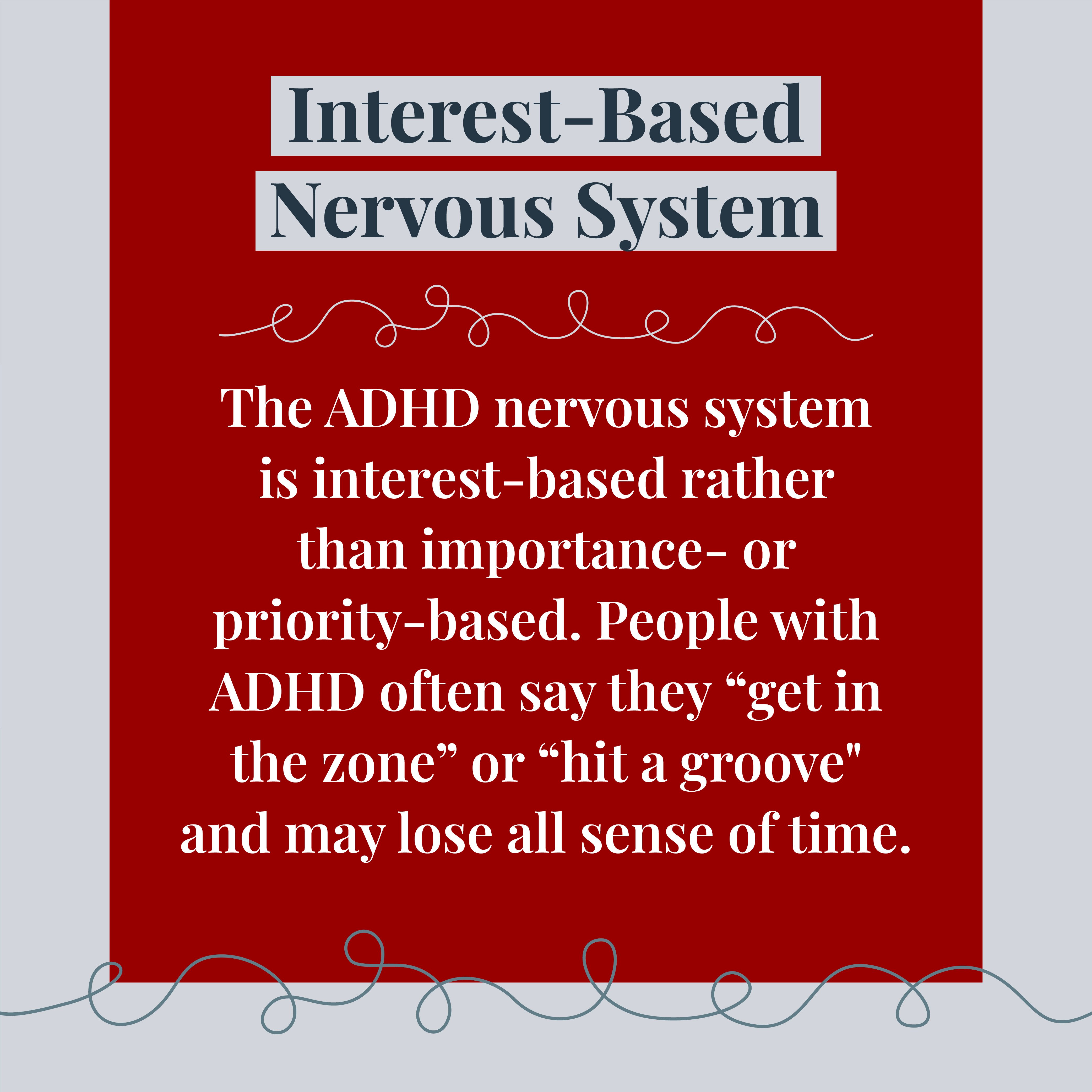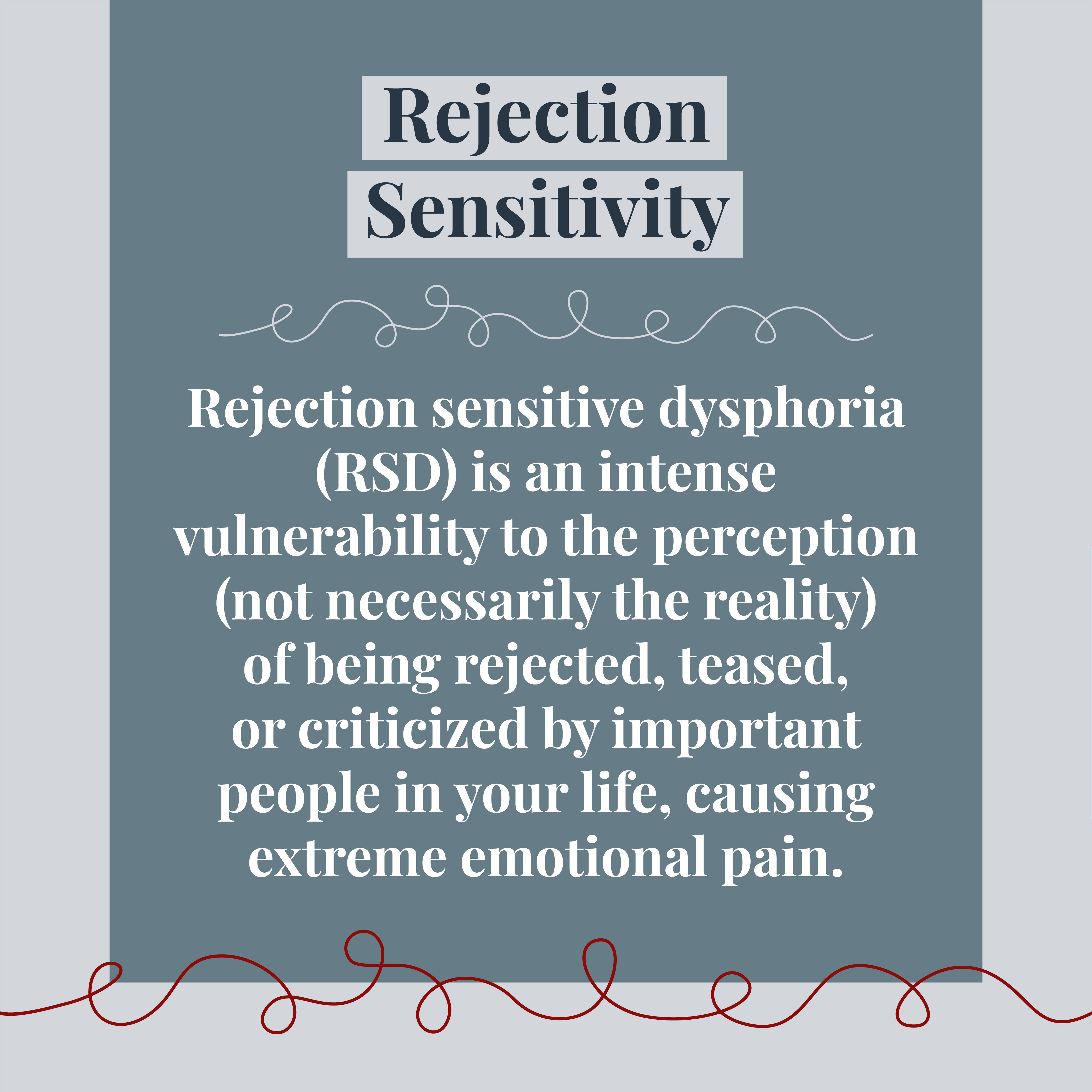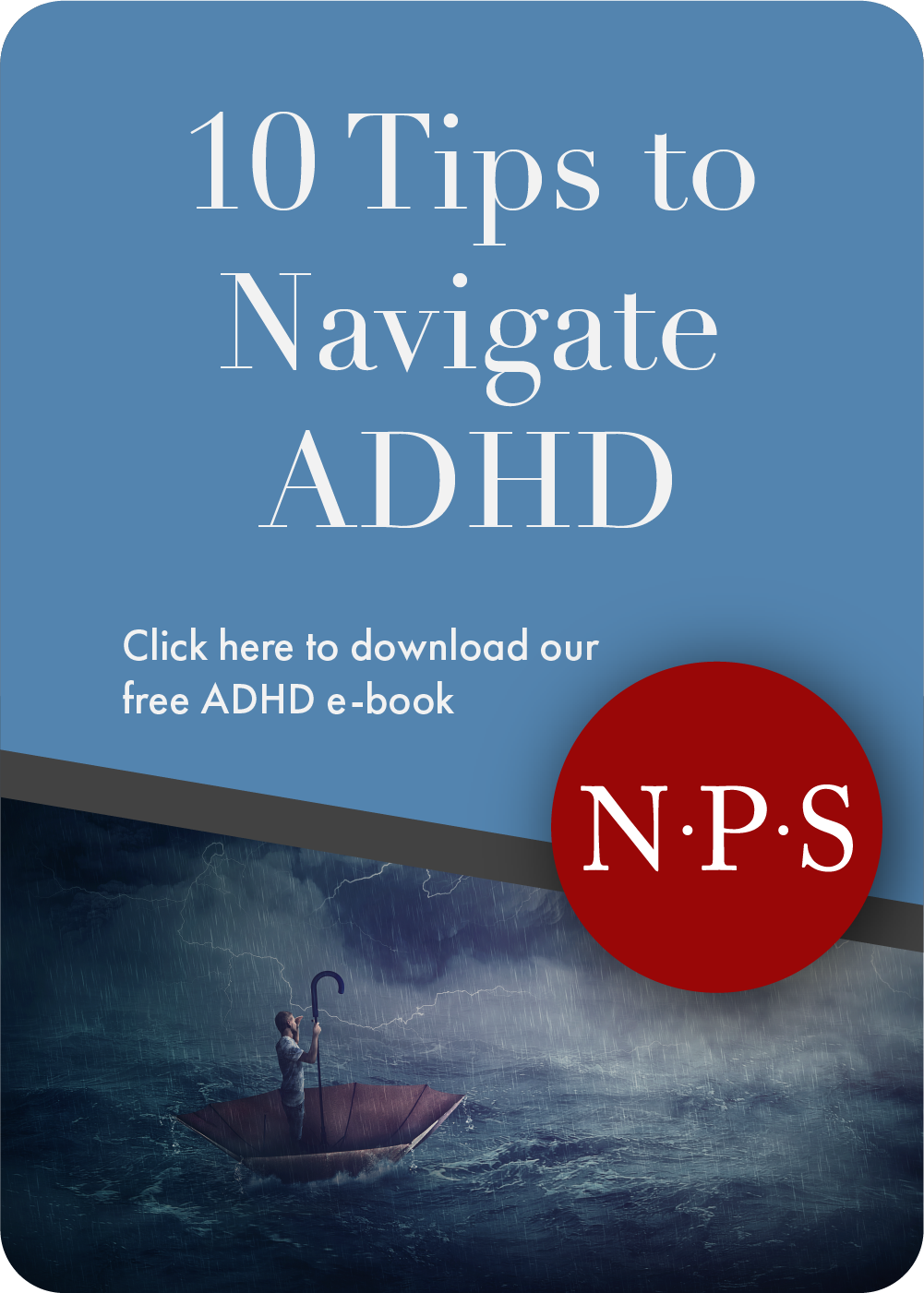ADHD & Toddlers
You can help your child with ADHD - Many parents think the symptoms we discuss below are normal for any child.
Most of them are—except that a child with ADHD will exhibit these behaviors more frequently and more intensely than other children their same age. Fortunately, ADHD can be treated and managed.
When you have the correct expectation for a child with ADHD, along with appropriate tools and strategies targeted for ADHD, it will go much smoother for both of you.
Three steps to take if you think your child may have ADHD:
1. Know the ADHD symptoms in toddlers & preschoolers
Is it possible to diagnose and treat a toddler for ADHD? What are the common signs of ADHD in toddlers or preschoolers, and is there an ADHD test for a child this young?
Typically, most children are diagnosed with ADHD after the age of five or six, once they’re in the educational system. But some parents recognize early on that their young child is struggling and needs help.
While there is no specific ADHD test for the young toddler or preschooler, there are early signs of ADHD in a toddler or preschooler, which a parent can identify in order to get the appropriate help. Between the ages of one and three, when language is not sophisticated, a parent must look for non-verbal indications to determine if the child’s behavior is within normal limits for their age.
Common signs of ADHD in toddlers or preschoolers:
- Higher levels of activity than typical for kids the same age
- Problems with sleep and taking naps
- Difficulty transitioning from one activity to another, which can be a subtle form of hyper-focusing. Parents find themselves needing to give a lot of cues ahead of time to help their child transition, and they know to expect meltdowns when redirecting their child to the next task or event.
Because there is no specific ADHD test for a young child, early diagnosis of ADHD can be difficult and should be considered tentative. Issues that can mimic the symptoms of ADHD should be carefully considered, including:
- Separation anxiety
- Delayed fine-motor skills
- Language processing disorders
- Sensory integration issues
- Autism spectrum disorder
- Behavioral issues due to stressful family situations
- Auditory and visual processing disorders
- Allergies or food intolerances that affect mood and attention
- Gastro-intestinal issues, which can affect brain neurotransmitters
Our ADHD assessment is comprehensive and unique. It looks under all the different “rocks” of disorders and situations so that we can determine what exactly is causing the behavior problems.
Here are some of the questions you can ask to interpret the difference between age-appropriate behavior and ADHD behavior in a young child:
- Are the behaviors I observe in my child similar to that of other children his or her age?
- Are my expectations of my child’s behavior developmentally appropriate?
- Do I see a pattern of hyperactive behavior when my child engages in certain activities?
- Do I see a pattern of hyperactive behavior in various settings, such as home, a friend’s house, a relative’s house, preschool, with a babysitter?
Take notice if these statements describe your child:
- Other children settle down after a flurry of activity. My child seems to get further out of control rather than tiring over time.
- A caregiver implies that my child behaves younger than the other children her age.
- During free play, my child appears excited but highly agitated. He doesn't play with anyone. One-on-one, he can sit and be still.
- My child is calm at home, and the caregiver says my child is calmer indoors.
- My child’s classmates seem to be able to stick with a game or conversation for a longer time on play dates.
- Tasks that require extended focus are difficult for my child, unless she loves the activity.
- When we are at museums, or learning in an active manner, my child does well. When he must sit still either alone or with peers, he cannot stay on task.
- I find myself avoiding having her do activities where she needs to sit.
2. Know how ADHD is diagnosed and treated at NPS.
We do not assume every inattentive or highly active child has ADHD. Instead, we do a thorough and comprehensive assessment to find and address other factors.
Dr. Neal’s assessment has been designed specifically for ADHD. It is not a typical neuropsychological battery, which studies show cannot fully measure the symptoms of ADHD because it only has a 5% correlation to the diagnosis for ADHD. Dr. Neal knows he must ask the right questions that reflect the child over their whole lifespan, in different settings, with different types of people, to get at the heart of ADHD behaviors and mindsets.
The medical field has spent decades attempting to define ADHD. Doctors and researchers will tell you there is no single marker or ADHD test that can assess for the signs of ADHD in toddlers, kids, or teens.
Dr. Neal has invested over 30 years answering the question, “What is ADHD?” He developed an ADHD intake assessment, to be filled out prior to the first session. The evaluation is based on the completed intake form and an interview with the parents.
If it appears that your child is struggling with ADHD, Dr. Neal will walk you through the various treatments for ADHD behavioral therapy, services, and tools that are available, in cooperation with your child’s school and healthcare providers. The earlier we can detect the likelihood of ADHD, the earlier you can begin advocating for your child and supporting his or her unique needs. NPS has a couple ADHD therapists who are seasoned with helping you.
Please be assured that if Dr. Neal diagnoses your child with ADHD, he will not immediately assume your child needs medication. He has spent decades exploring natural, alternative methods for the treatment of ADHD. We will discuss these options, along with medication, in detail.
3. The last step: evaluation and diagnosis
Helpful strategies you can start right now with your child
If your child shows signs of ADHD, we will discuss strategies that will help you manage the behaviors you are concerned about. We have found the following strategies to be very helpful for children under the age of five.
- Find activities that soothe and settle your child. Busy environments like a shopping mall may overly-energize a toddler.
- Arrange for one-on-one play dates rather than large group events, or try independent free-play in a playground.
- Use music as a calming therapy. Music can calm a hyperactive child. Some may find classical music soothing, while others settle down with country or even hip-hop. Try out different genres and see how your child responds.
- Engage in physical activities to help your child burn off excess energy before sitting down at a restaurant or at someone’s house. Before leaving the house, play tag, or a physically intensive game, or engage in a favorite activity your toddler likes to do with you. Brain Gym (braingym.com) movements, which engage the body to activate and calm your brain, may also be helpful.
- If a cart or stroller isn’t practical, use a leash or harness to keep your child safe in public places.
- Limit activities that require your child to sit still and stay quiet. Perhaps your partner can stay home with your child while you shop or attend an event.
- When going out to dinner, select a place that is kid-friendly rather than a fine-dining restaurant. Or call ahead to order so as to minimize the wait at a restaurant. Many restaurants will accommodate the requests of parents with kids.
- Dr. Neal has also found essential oils to have a calming effect for some children too.
A final note: It’s important for parents of hyperactive toddlers to take care of themselves and to get support. Raising a child with ADHD is a marathon, not a sprint!
“I have talked with many parents who wish they had gotten their child evaluated earlier so that they could have more effectively parented and advocated for their child. If you think your young child may have ADHD, trust your gut and follow your wisdom as a parent. You won’t regret having the education and tools to better support your child from an early age.” – Dr. Douglas Neal
Are you ready to take the next step?
CONTACT US AND SCHEDULE YOUR FIRST APPOINTMENT TODAY.


